A Marketer’s Guide to How AI Is Reshaping Search
June 11, 2025
12 Minute Read
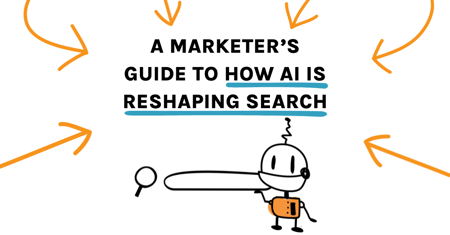
These days, we’ve been hearing the letters “A-I” tossed around more than hot dogs at a Chicago summer cookout (where's my invite?). And now, it’s making waves in search.

Here’s the good news: while the rules of search are changing fast, we’re here to help you play smarter, not harder. At BFO, we’ve been riding the search engine rollercoaster since 2009, and since then, we’ve seen a lot. But nothing quite like this. AI isn’t just another shiny tech buzzword; it’s reshaping how people ask questions, how answers are served, and how brands show up.
So whether you’re team SEO, paid search obsessed, or just trying to figure out how not to get lost in a sea of AI-generated content, this guide is for you. We’ll break it all down with insights, ideas, and plenty of tips along the way.
A New Era of Search: From Keywords to Conversations
Remember the days when SEO felt like filling your website with relevant keywords and hoping for the best? Back then, search engines were like robots trying to understand humans. Now? Thanks to AI, they’re a whole lot more like humans trying to understand other humans.

Thanks to natural language processing, search engines are now fluent in conversation. They can handle nuance, context, and even questions that sound more like how we talk than how we type. Instead of hunting for exact matches, Google is now trying to understand intent: Are you hungry for lunch? Planning a trip? Just really into Italian beef? It knows.
So, what does this mean for marketers like you?
It means we need to stop thinking like robots and start thinking like humans (good news: you’re already great at that). It’s not about keyword density anymore. Instead, it’s about relevance, clarity, and creating content that speaks your audience’s language. Literally.
Think of it this way: keywords are still part of the conversation, but now they’re just the starting point, not the whole story.
So, next time you’re writing content, imagine your ideal customer is sitting across from you at a coffee shop. How would you answer their questions? Start there, and the search engines will follow.
The Role of Generative AI in Search Results
Let’s talk about the elephant in the SERP: generative AI. Suppose search engines were once libraries (organized, keyword-driven, and slightly overwhelming). In that case, they’re now turning into personal research assistants who not only find the answer, but write it for you, at the top of the page.
Instead of serving up a list of blue links and saying, “Good luck!”, these AI-powered features are now pulling answers together in real time. They can summarize articles, cite sources, and hand users an instant TL;DR for their questions. It's like search results got a PhD in convenience.
But here’s the catch: if AI gives users what they need before they even click through…where does that leave your website?

For marketers, this shift means rethinking how visibility works. It's not just about being on the page anymore—it's about being in the answer. And that means doubling down on high-quality, credible content that AI models want to pull from.
So, how do you do that?
- Be useful. Go beyond surface-level content. Think depth, expertise, and answering real questions in real ways.
- Be structured. Clear headings, well-organized content, and concise takeaways help AI (and humans!) digest your information.
- Be human. Ironically, the more human your content feels—authentic and trustworthy—the more AI seems to like it.
At BFO, we’ve been tracking this evolution closely (some of us maybe a little obsessively), and we know your content still matters. Your brand voice still matters. AI might be writing some of the answers now, but you can still feed it the best ingredients.
Content Strategy in the Age of AI
The phrase “content is king” has been around the block more times than your favorite food truck. But in this new AI-powered search world? Content is no longer just king. Now, it’s the entire royal court.
AI is reading your blogs, scanning your product pages, and deciding (in milliseconds) if you’re worth showing to searchers. No pressure, right? While AI is incredibly smart, it’s still learning what great content looks like. And guess what? That’s where you come in.
If you want to show up in search results and those fancy AI-generated summaries, your content needs to check a few modern boxes:
It needs to show Experience, Expertise, Authoritativeness, and Trust (or EEAT, if you’re in acronym mode).
Search engines and their AI assistants prioritize voices that actually know what they’re talking about. So if you’ve got insights from case studies, original research, or even just solid how-to advice, now’s the time to share it.
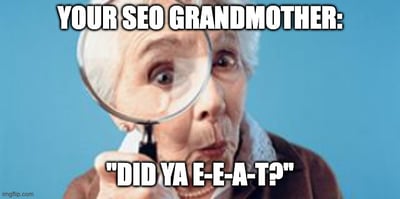
It needs to answer questions people are really asking.
We’re way past “Top 10 Widgets for 2020.” Think “what would I Google if I were my customer, slightly confused and holding a cup of coffee at 9:02am?”

It needs to be written for humans, not just crawlers.
We love a good headline structure as much as the next SEO nerd, but let’s not forget: AI is trained on human content. So be conversational. Be you. That’s what resonates.

And yes, AI tools can help here—we use them too! They’re great for generating ideas, spotting gaps, or speeding up first drafts. But they’re no replacement for your brand voice, insights, or that one team member who always seems to know exactly what your customers are thinking (you know who you are).
At BFO, we recently helped a client pivot their blog strategy from broad, generic topics to niche, intent-driven content that answers real questions. The result? More engagement, better rankings, and content even we wanted to read (and we read a lot).
So, is AI changing how we approach content? Absolutely.
But the secret isn’t to chase the algorithm. It’s to stay human and helpful.
Paid Search: Smarter, Faster, More Automated
If organic search is evolving at light speed, then paid search is...well, riding shotgun with a rocket booster.
Thanks to AI, paid media platforms like Google Ads and Meta are getting smarter, more predictive, and yes, more automated. Campaigns that used to require hours of manual tinkering and bid math now practically run themselves.

Okay, we know that adorable business cat is making a lot of sense right now... but before you hand over the keys to the algorithm entirely, let’s talk strategy.
AI in paid search is about amplifying what we do best. Tools like Performance Max are designed to optimize performance in real time based on boatloads of data we humans couldn’t sort through if we tried. (And we’ve tried.)
However, automation doesn’t mean “set it and forget it.” It means marketers need to get even better at guiding the machine. That includes:
- Feeding the right signals. Think clean conversion data, quality creative, and strong value props. Garbage in, garbage out still applies.
- Setting clear goals. AI can help you drive more conversions, but only if it knows what a “conversion” means for your business.
- Watching closely. Just because your bids are automated doesn’t mean your attention should be. AI needs supervision.
Our team loves using AI tools to boost efficiency (who doesn’t love fewer spreadsheets?), but we always keep the human touch. That’s how we’ve helped clients find the sweet spot between full automation and full control. Spoiler alert: the sweet spot is where the best ROI lives.
Voice Search and Multimodal Search: The Expanding Horizon
When’s the last time you asked your phone something out loud? Maybe it was, “Where’s the closest taco place with good reviews?” or “How do I get red wine out of a rug?” (no judgment, we’ve been there).
Welcome to the world of voice search, where people talk to their devices like they’re best friends who just happen to know everything. And guess what? AI is making those conversations a whole lot smarter.

But wait, there’s more! We’re also entering the age of multimodal search. This is fancy speak for combining different types of input, like text, voice, and images, all in one go. Think Google Lens letting you search what you see, or AI tools letting you ask questions about a product you snapped a pic of at the store.
So what does this mean for marketers?
It means your content and SEO strategy need to think beyond just words on a page. Consider this your permission slip to start optimizing for how people search, not just what they search.
Here’s how to keep up:
- For voice search: Think conversational. Focus on natural language and question-based queries. Bonus points for having an FAQ page that sounds like an actual human wrote it.
- For visual search: Make sure your images are optimized (hello, alt text) and your product listings are crystal clear. Visual-first users want instant results, and AI is getting better at delivering them.
- For multimodal everything: Structure your content for flexibility. Clear formatting, smart metadata, and rich media give AI more to work with.
Focus on these updates to avoid being the brand stuck back in the text-only era.
Analytics & Attribution in an AI-Enhanced World
AI-powered analytics tools are leveling up faster than a toddler on a sugar rush. They’re helping marketers slice through the noise and deliver valuable insights, rather than charts that make your eyes glaze over.

But while AI is making data smarter, it’s also making attribution more complicated. Why? Because search (and the entire user journey) is getting blurrier by the day. One second, someone’s asking Siri a question. The next, they’re on YouTube, then Instagram, then back to your website (hopefully).
So, who gets the credit for that conversion?
Spoiler: it’s not always clear. That’s why we need to rethink how we track, measure, and interpret success.
Our experts work with clients every day to:
- Set up clean, accurate data foundations (because even the smartest AI needs solid inputs)
- Customize reports to focus on what matters, not just what looks impressive
- Use AI-driven tools to uncover trends, test ideas, and predict outcomes before they happen (yes, really)
- And most importantly, connect the dots between what’s working, what’s not, and what to do next
AI isn’t here to replace your analytics brain but to supercharge it. You still get to ask the big questions. AI just helps you get better answers, faster.
Embracing Change: Your Marketing Strategy in the AI Age
If your head’s spinning a little after reading all of this, we get it!
AI is changing search faster than a blogger can type, and keeping up can feel like trying to build a moving train while riding it. But you don’t need to know everything about AI to use it wisely. You just need the right partner, a solid plan, and a healthy dose of curiosity.
Our team believes this new AI-powered era of marketing isn’t something to fear but something to lean into. However, it also requires a shift in mindset. It means:
- Letting go of outdated tactics that no longer serve you
- Being open to experimentation and learning on the fly
- Staying agile, because what works today might evolve tomorrow
And the good news? You don’t have to do it alone.
Whether you’re looking to fine-tune your content, optimize your paid campaigns, or simply want a real human to talk through your digital marketing goals with, we’re here.
Shoot us a message or schedule a call. We’ll meet you where you are, bring the expertise (and probably some snacks), and help you build a strategy that works not just now, but in whatever comes next!
Want monthly digital marketing tips and tricks? Subscribe to our newsletter!

Kyle Geib
As Director of Marketing and Digital Communications, Kyle brings an extra layer of enthusiasm to BFO’s incredible team of experts. Dedicated to continuing to cultivate BFO’s presence as a unique and knowledgeable voice in the industry, he leans in on his experience marketing in both the B2C and B2B spaces.
CATEGORIES
SUBSCRIBE TO OUR BLOG
Stay up to date with the latest industry best practices in digital marketing!








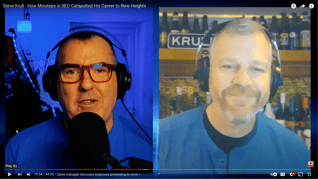







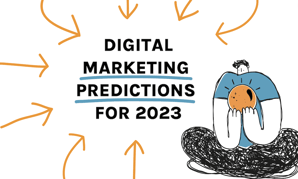
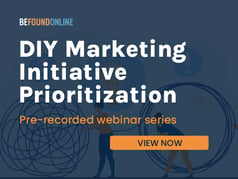
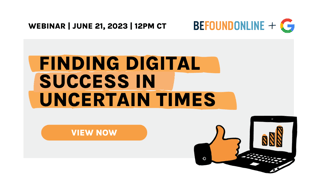




.png?width=339&height=179&name=Webinar%20Banner%20(1).png)

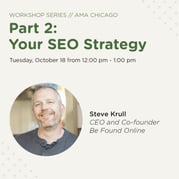

.png?width=339&height=179&name=July%20Webinar%20(Newsletter).png)
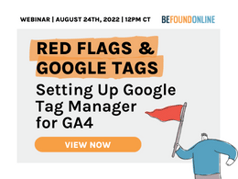
.png?width=339&height=179&name=Webinar%20Banner-April-02%20(1).png)
%20(4).png?width=339&height=179&name=Webinar%20Banner-May-02%20(1)%20(4).png)
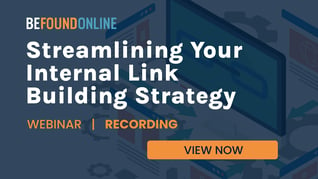



.png?width=339&height=179&name=March%202023%20Webinar%20Ad%20(autoresponder).png)
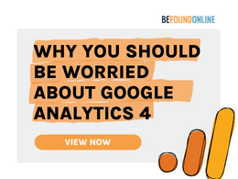
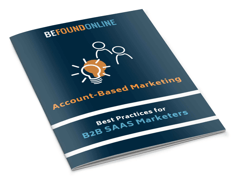



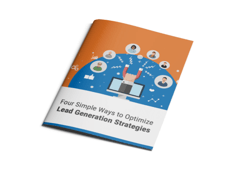
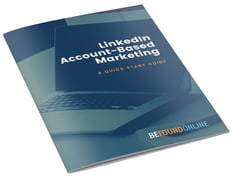


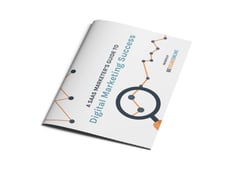
.png?width=339&height=179&name=2025%20Paid%20Media%20(1200%20x%20628%20px).png)











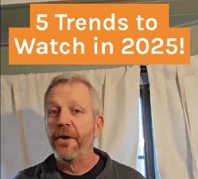
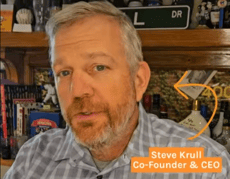






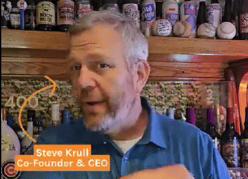

















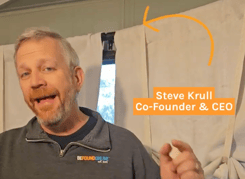


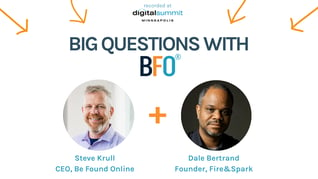
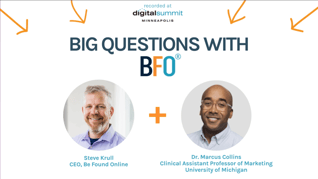

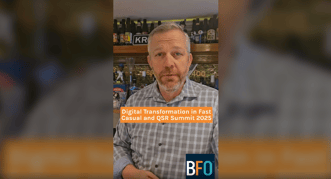

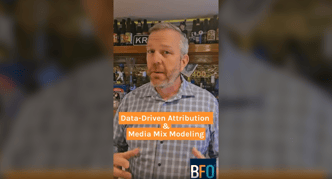


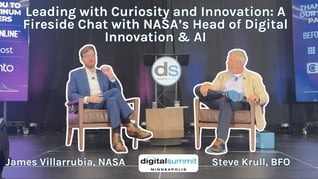




.png?width=339&height=179&name=2026%20Paid%20Media%20Ad%20Specs%20(Twitter%20Post).png)

